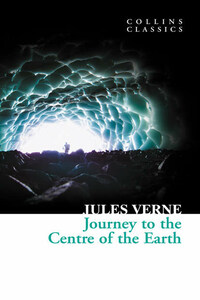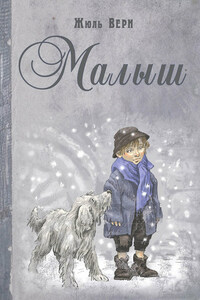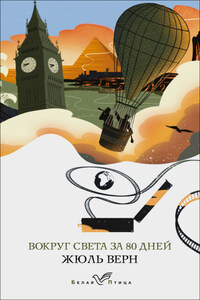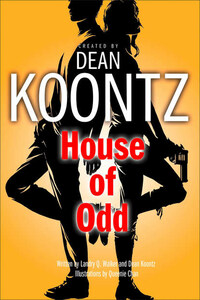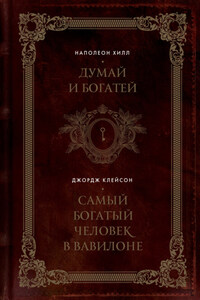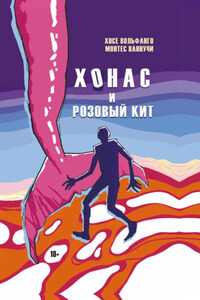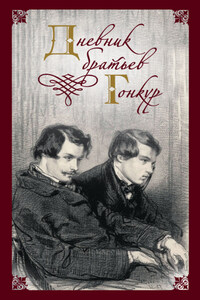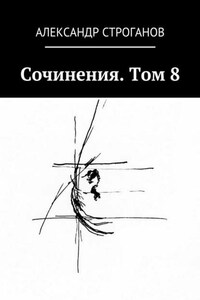On the 24th of May, 1863, my uncle, Professor Liedenbrock, rushed into his little house, No. 19 Königstrasse, one of the oldest streets in the oldest portion of the city of Hamburg.
Martha must have concluded that she was very much behindhand, for the dinner had only just been put into the oven.
âWell, now,â said I to myself, âif that most impatient of men is hungry, what a disturbance he will make!â
âM. Liedenbrock so soon!â cried poor Martha in great alarm, half opening the dining-room door.
âYes, Martha; but very likely the dinner is not half cooked, for it is not two yet. Saint Michaelâs clock has only just struck half-past one.â
âThen why has the master come home so soon?â
âPerhaps he will tell us that himself.â
âHere he is, Monsieur Axel; I will run and hide myself while you argue with him.â
And Martha retreated in safety into her own dominions.
I was left alone. But how was it possible for a man of my undecided turn of mind to argue successfully with so irascible a person as the Professor? With this persuasion I was hurrying away to my own little retreat upstairs, when the street door creaked upon its hinges; heavy feet made the whole flight of stairs shake; and the master of the house, passing rapidly through the dining-room, threw himself in haste into his own sanctum.
But on his rapid way he had found time to fling his hazel stick into a corner, his rough broadbrim upon the table, and these few emphatic words at his nephew:
âAxel, follow me!â
I had scarcely had time to move when the Professor was again shouting after me:
âWhat! not come yet?â
And I rushed into my redoubtable masterâs study.
Otto Liedenbrock had no mischief in him, I willingly allow that; but unless he very considerably changes as he grows older, at the end he will be a most original character.
He was professor at the Johannæum, and was delivering a series of lectures on mineralogy, in the course of every one of which he broke into a passion once or twice at least. Not at all that he was over-anxious about the improvement of his class, or about the degree of attention with which they listened to him, or the success which might eventually crown his labours. Such little matters of detail never troubled him much. His teaching was, as the German philosophy calls it, âsubjectiveâ; it was to benefit himself, not others. He was a learned egotist. He was a well of science, and the pulleys worked uneasily when you wanted to draw anything out of it. In a word, he was a learned miser.
Germany has not a few professors of this sort.
To his misfortune, my uncle was not gifted with a sufficiently rapid utterance; not, to be sure, when he was talking at home, but certainly in his public delivery; this is a want much to be deplored in a speaker. The fact is, that during the course of his lectures at the Johannæum, the Professor often came to a complete standstill; he fought with wilful words that refused to pass his struggling lips, such words as resist and distend the cheeks, and at last break out into the unasked-for shape of a round and most unscientific oath: then his fury would gradually abate.
